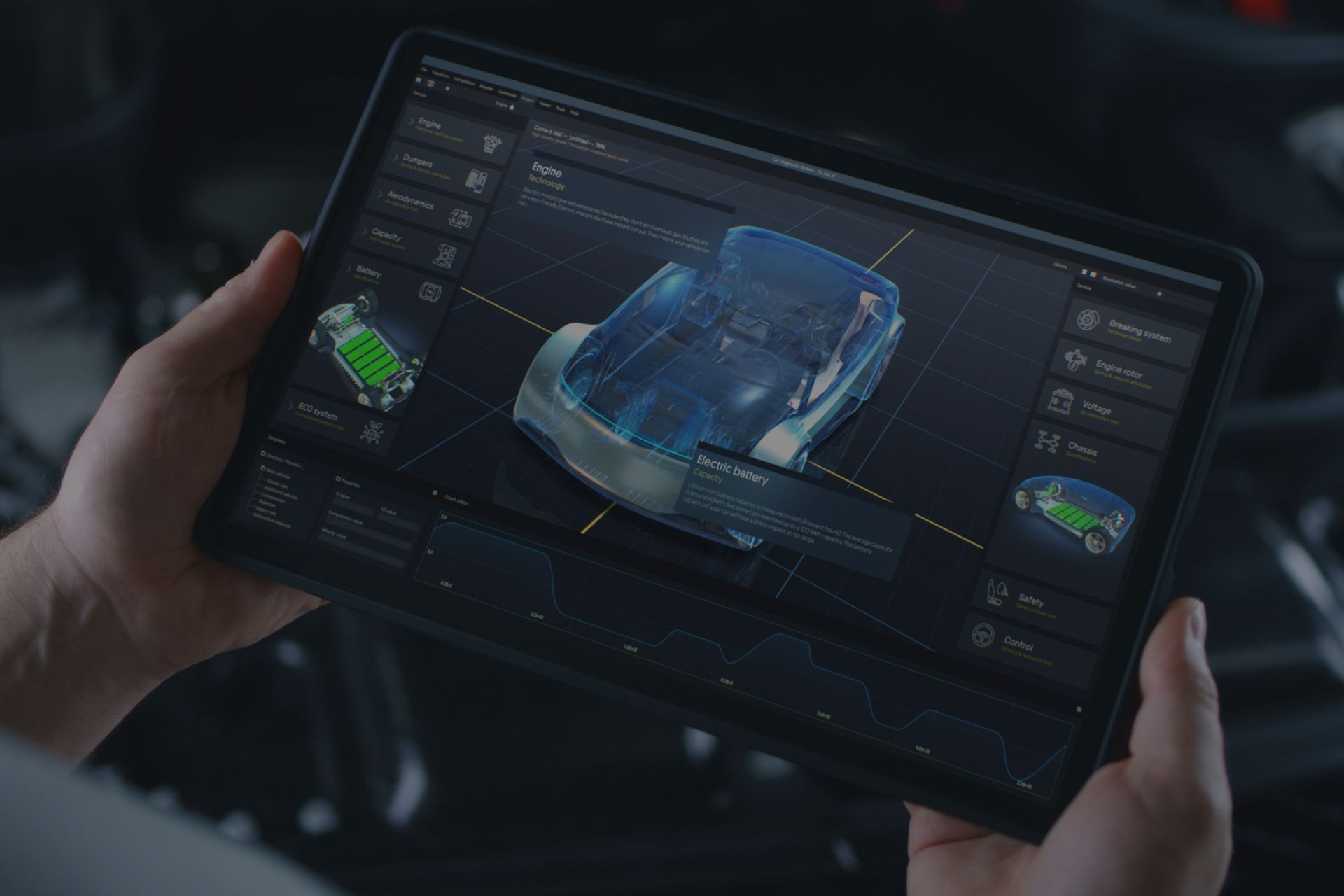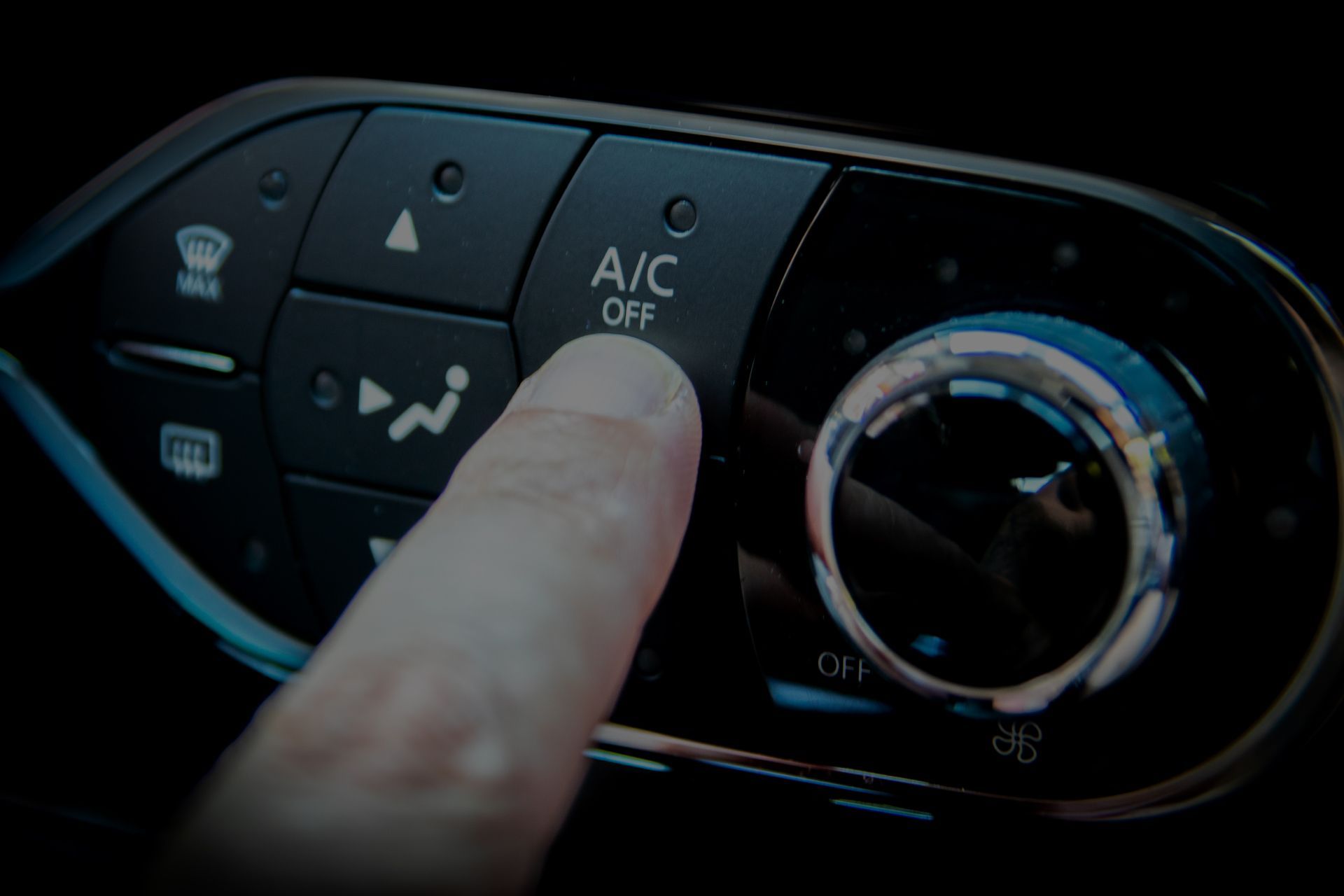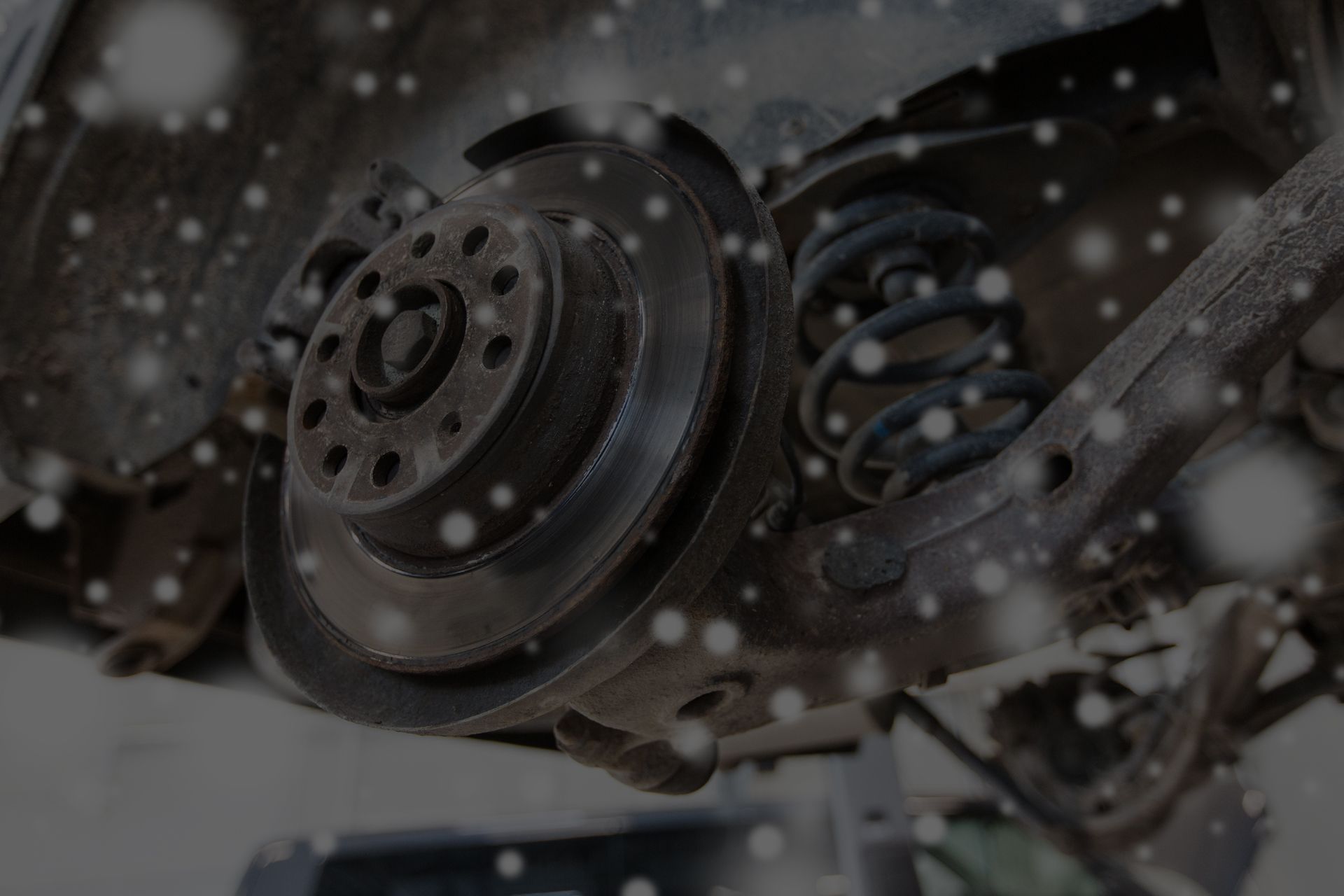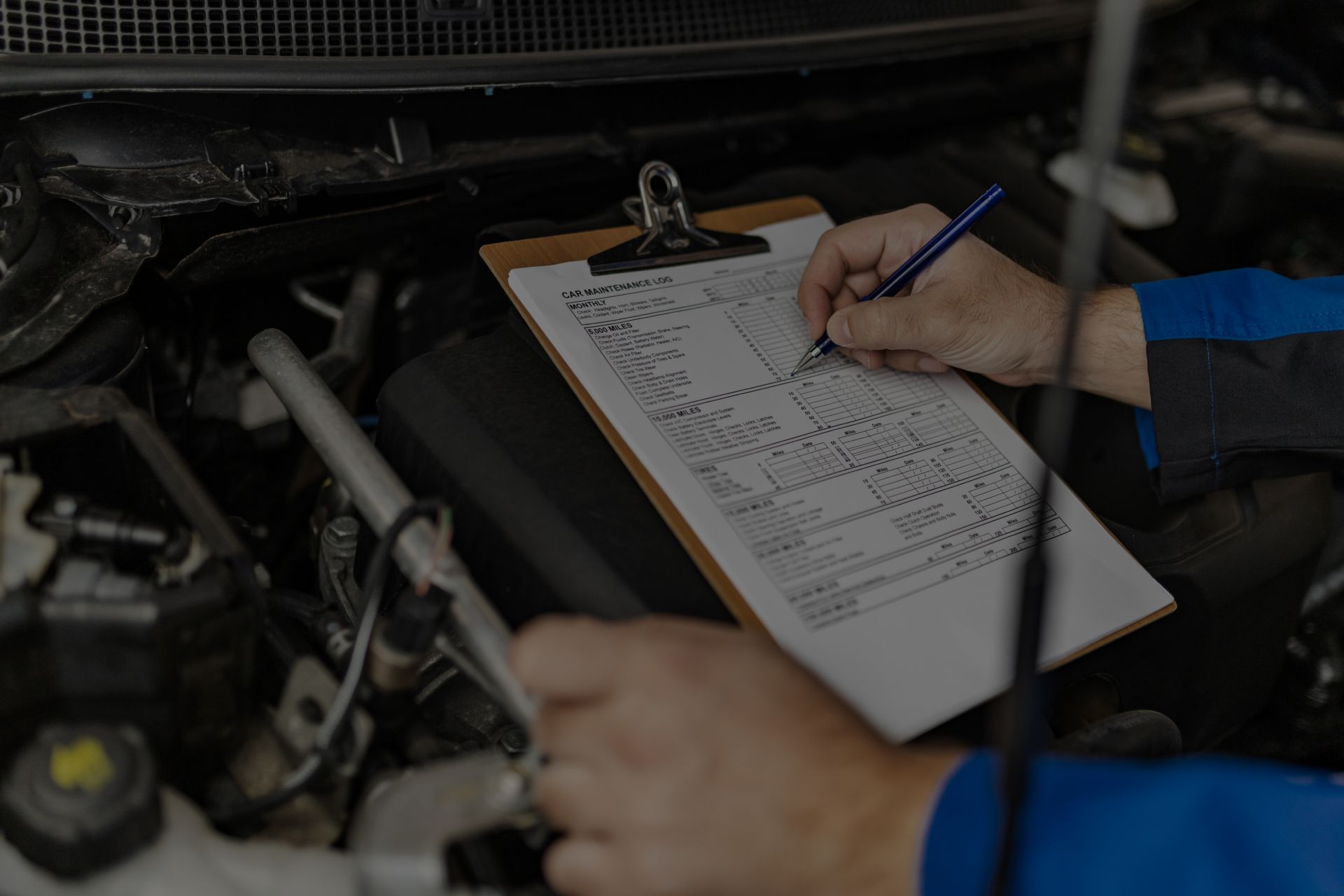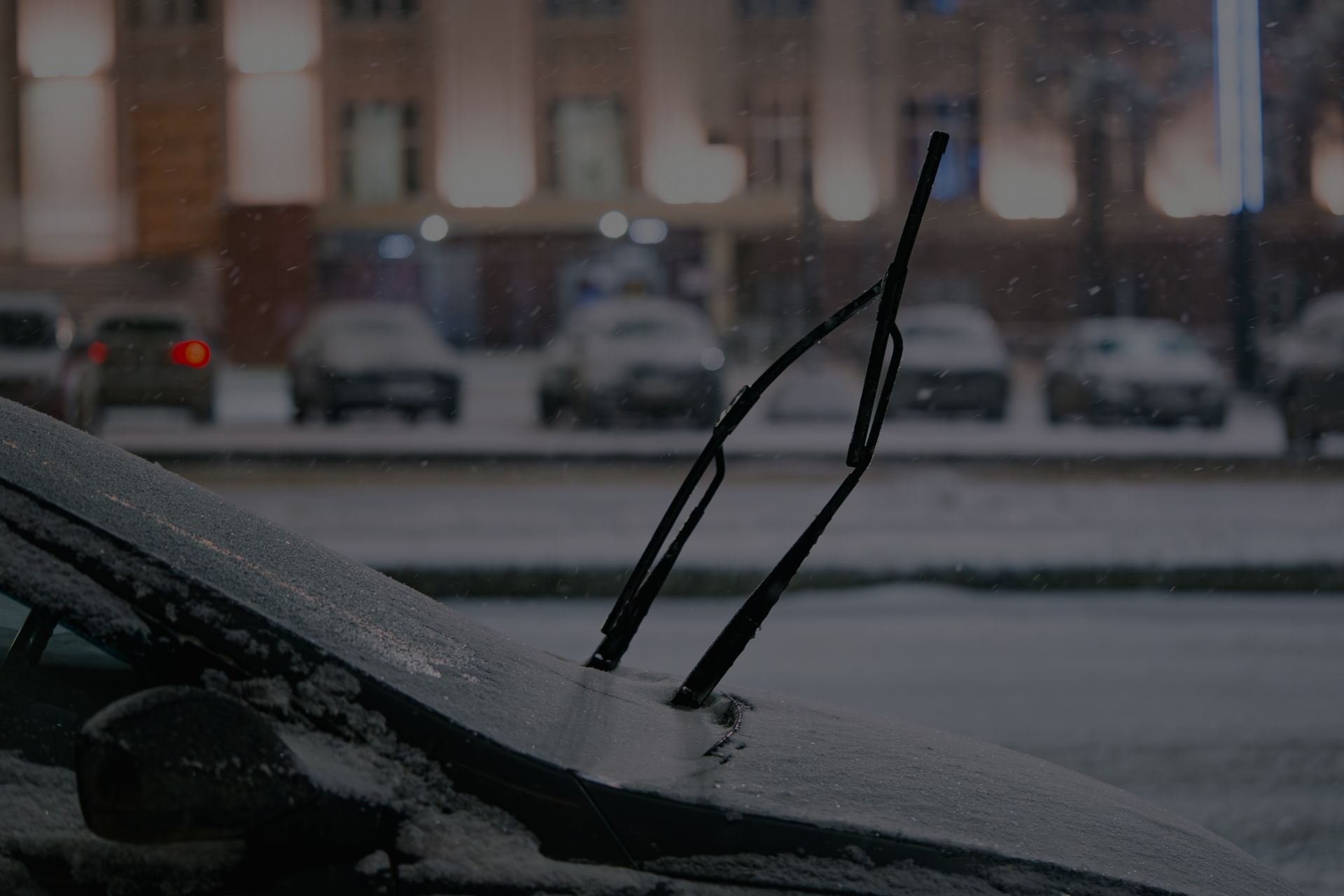Summer in Denver can hit 95+ degrees with intense UV radiation that's 25% stronger than at sea level. When your Japanese import's air conditioning fails in these conditions, it's not just uncomfortable—it can be dangerous. Many Denver drivers don't realize that their Honda, Toyota, Subaru, or Acura faces unique AC challenges that simply don't exist at lower altitudes. Understanding how Denver's mile-high environment affects your Japanese vehicle's cooling system can help you prevent expensive failures and stay comfortable through Colorado's demanding summers.
Why Altitude Changes Everything for AC Systems
At 5,280 feet above sea level, the air pressure in Denver is about 17% lower than at sea level. This seemingly small difference creates cascading effects throughout your Japanese import's air conditioning system.
Reduced Air Density Affects Performance Your AC system relies on air flow across condenser and evaporator coils to transfer heat. With thinner air at altitude, heat transfer becomes less efficient. Your Japanese import's precisely engineered AC system has to work harder to achieve the same cooling effect it would produce at sea level.
Compressor Stress Increases The AC compressor in your Honda or Toyota must run longer cycles to compensate for reduced efficiency. This extra work generates more heat and puts additional stress on components that weren't necessarily designed for continuous high-altitude operation.
Refrigerant Behavior Changes Refrigerant expands and contracts differently at various pressures. The lower atmospheric pressure in Denver affects how refrigerant flows through your Japanese vehicle's AC system, potentially causing issues with expansion valves and creating uneven cooling.
Japanese AC Design Philosophy vs. Denver Reality
Japanese manufacturers engineer AC systems with different priorities than their American or European counterparts, and these differences become more pronounced at altitude.
Precision Over Power Japanese AC systems prioritize efficiency and precise temperature control over raw cooling power. This works beautifully in Japan's humid, sea-level climate but can struggle in Denver's dry, high-altitude environment where cooling demands are different.
Compact Component Integration Honda, Toyota, and other Japanese brands integrate AC components tightly with other vehicle systems to save space and weight. While this integration improves efficiency, it also means that altitude-related AC problems can affect other systems like engine cooling or defrosting.
Conservative Engineering Japanese manufacturers typically engineer systems with smaller margins for extreme conditions. This conservative approach works well for reliability but provides less cushion when operating outside design parameters—like at Denver's altitude.
Common Japanese Import AC Problems in Denver
Certain AC issues appear more frequently in Japanese vehicles operating in Denver's unique environment:
Inadequate Cooling Performance Many Japanese imports that cooled perfectly at sea level struggle to maintain comfortable temperatures in Denver. The AC might run constantly but never quite reach the desired temperature, especially during hot afternoons.
Compressor Cycling Issues At altitude, compressors may cycle on and off more frequently as the system struggles to maintain proper pressures. This rapid cycling wears out clutch components faster and can lead to premature compressor failure.
Evaporator Icing Problems Denver's low humidity combined with altitude effects can cause evaporator coils to ice over more frequently. Japanese systems with precise temperature controls may be more sensitive to the conditions that cause icing.
Electronic Control Malfunctions Modern Japanese AC systems rely heavily on electronic controls that monitor system pressures and temperatures. These sensors may not be calibrated for Denver's altitude, leading to improper operation or false error codes.
Denver's Additional AC Challenges
Beyond altitude, Denver's environment creates other problems for Japanese import AC systems:
Intense UV Radiation At mile-high elevation, UV radiation is significantly stronger than at sea level. This intense sunlight rapidly degrades rubber hoses, seals, and plastic components in Japanese AC systems. Components that might last 8-10 years at sea level may fail in 5-6 years in Denver.
Extreme Temperature Swings Denver's daily temperature variations can span 40-50 degrees. Japanese AC systems, designed for more stable climates, face constant thermal cycling that stresses seals, gaskets, and electronic components.
Low Humidity Effects Denver's dry air creates static electricity problems that can damage sensitive electronic AC controls. Low humidity also affects how refrigerant behaves in the system and can accelerate wear on moving parts.
Dust and Allergens Colorado's dusty environment clogs cabin air filters faster and puts extra strain on AC blower motors. Japanese systems with smaller, more efficient components may be more sensitive to reduced airflow from dirty filters.
Recognizing Altitude-Related AC Problems
Watch for these signs that your Japanese import's AC is struggling with Denver's conditions:
Gradual Performance Decline If your AC takes longer to cool down the cabin or struggles during the hottest parts of the day, altitude effects may be reducing system efficiency.
Unusual Cycling Patterns Compressors that cycle on and off rapidly or run continuously without reaching desired temperatures indicate system stress from altitude operation.
Inconsistent Cooling AC that works well in morning and evening but struggles during midday heat suggests the system can't handle peak demands at altitude.
Strange Noises or Odors Grinding, squealing, or musty odors often indicate components working beyond their design limits due to altitude stress.
Preventive Measures for High-Altitude Operation
Protect your Japanese import's AC system with these Denver-specific maintenance approaches:
More Frequent Service Intervals Consider AC system inspections every 12-18 months instead of the typical 2-3 year intervals. Denver's conditions accelerate wear and can reveal problems earlier.
Cabin Air Filter Vigilance Replace cabin air filters every 12,000-15,000 miles or annually. Denver's dust loads filters faster, and restricted airflow makes altitude effects worse.
Refrigerant Level Monitoring Have refrigerant levels checked annually. Small leaks that might not matter at sea level can significantly impact performance at altitude.
UV Protection Park in shade when possible and consider window tinting to reduce UV load on your AC system. Less heat buildup means less stress on components.
The Importance of Specialized Service
Japanese import AC systems operating at altitude require technicians who understand both the unique engineering of these vehicles and the effects of Denver's environment.
Pressure Specifications AC pressures that are normal at sea level may indicate problems at altitude. Technicians need to understand how to interpret readings correctly for high-altitude operation.
System Modifications Some Japanese imports benefit from minor modifications to help them operate more effectively at altitude. Only experienced specialists know which adjustments are safe and beneficial.
Proper Diagnosis Altitude effects can mask or mimic other AC problems. Accurate diagnosis requires understanding how Denver's environment affects Japanese AC systems specifically.
When Professional Help is Essential
Don't attempt DIY AC repairs on your Japanese import, especially in Denver's challenging environment. Modern systems use high pressures, specific refrigerants, and precise procedures that require professional equipment and training.
Seek immediate professional attention for:
- Any loss of cooling performance
- Unusual noises from the AC system
- Warning lights related to climate control
- Strange odors from air vents
- Visible refrigerant leaks
Investment Protection
Your Japanese import represents a significant investment that depends on all systems working properly. AC problems that seem minor can cascade into expensive repairs if not addressed promptly. In Denver's extreme conditions, preventive maintenance and early intervention protect both your comfort and your vehicle's value.
Expert Japanese Import AC Service in Denver
At Importsports Auto Repair Pros & Performance, we understand the unique challenges that Japanese import AC systems face in Denver's high-altitude environment. Our ASE Certified technicians specialize in Honda, Toyota, Subaru, Acura, and other Japanese brands, with the knowledge and equipment needed to keep your AC running efficiently at mile-high elevation.
Since 1997, we've helped thousands of Japanese import owners stay cool and comfortable through Denver's demanding summers. We understand how altitude affects these sophisticated systems and provide the specialized care your vehicle needs to perform optimally in Colorado's unique conditions.
Don't suffer through another hot Denver summer with inadequate AC performance. Contact us today at (303) 752-2422
or book your Japanese import AC service online. Experience the difference that specialized high-altitude expertise makes for your comfort and vehicle's reliability.
